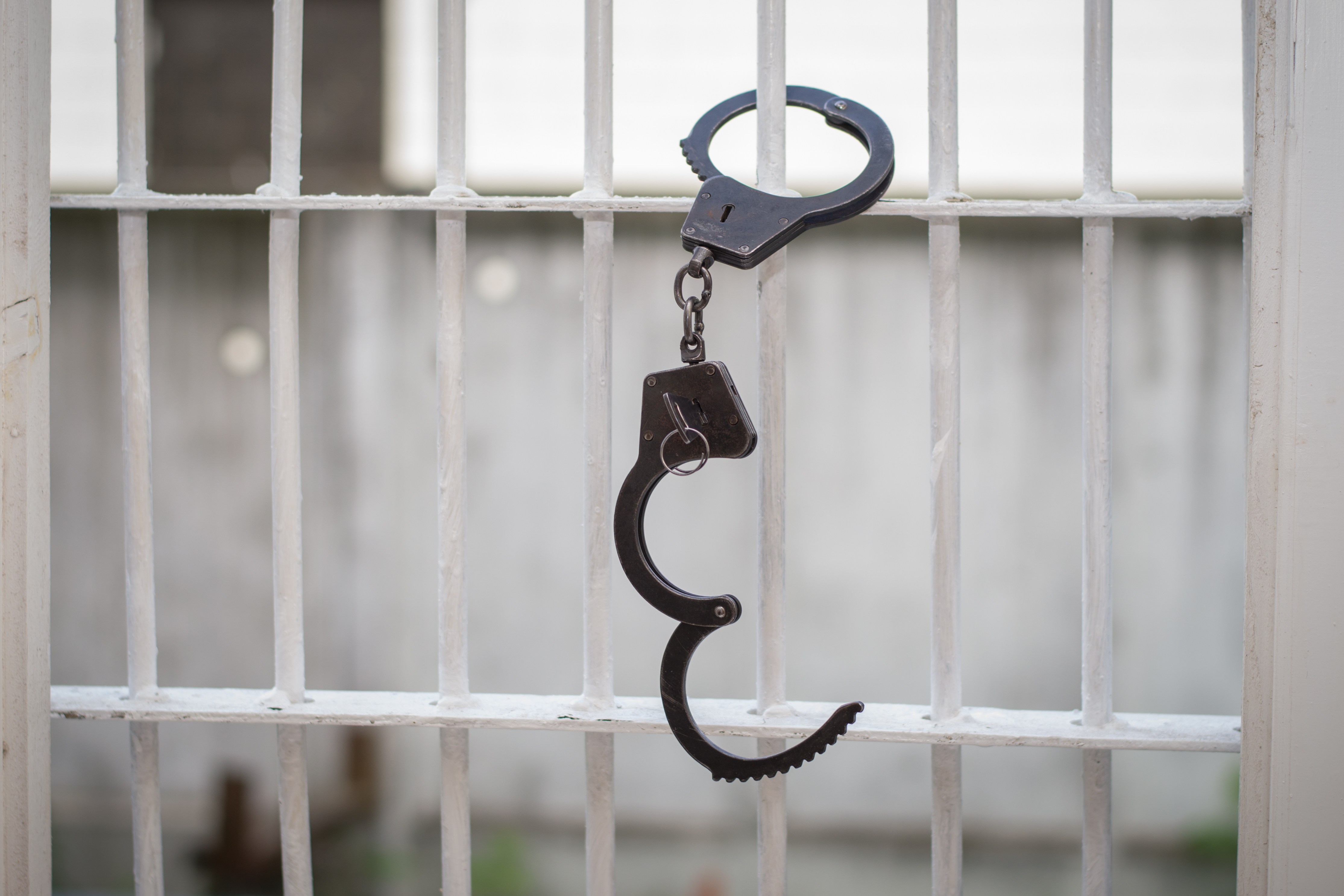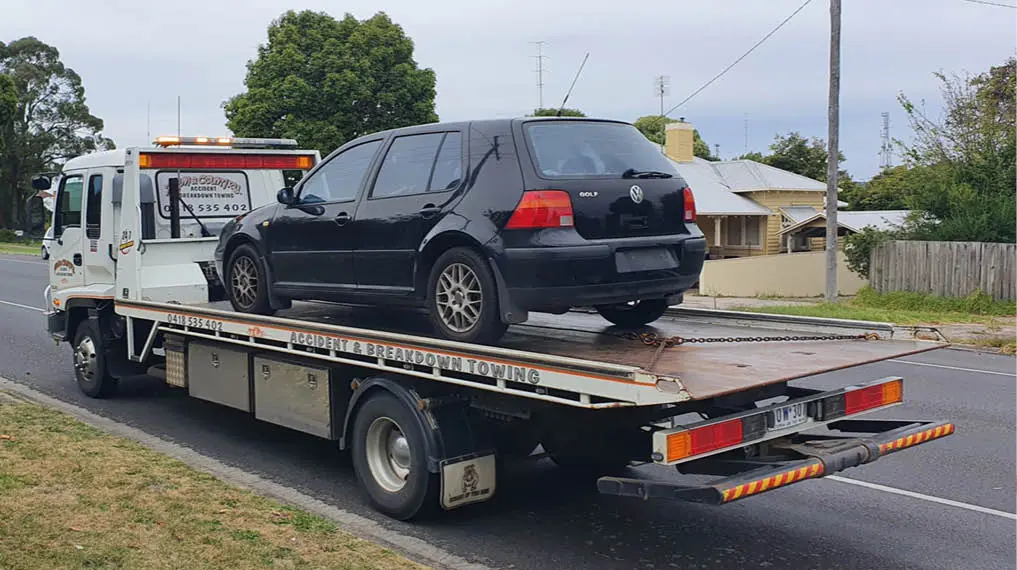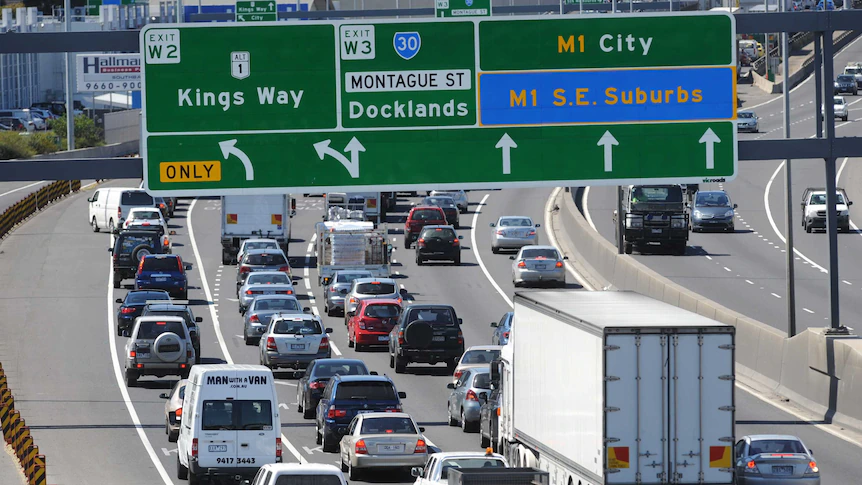It’s important to understand what your rights are before speaking to the police or making a written statement regarding a criminal charge. A police statement is a written document stating your version of events about a crime and which is signed and dated by you.
You should always consult a lawyer before you make a statement or speak to police if you are accused of a crime. It is important to know what crime is being investigated before you decide to answer questions or make a statement to police.
Can you be forced to give a statement to the police?
Every person has a legal right to silence and a right to refuse to answer police questions. The court can make no adverse inference or finding from the fact that an accused person chooses to exercise that legal right to silence.
If you intend to rely on your right to silence, you should make that decision clear. You must state your name and address and tell the police something along the lines of ‘I do not wish to say anything further’. If you feel that the police are trying to force you to give a statement against your will, you should immediately ask to speak to a lawyer.
It is extremely important that you do not make a partial statement; that is answering some questions and not others. You must remember that the police can charge you on the basis of what you have said in your statement. You can also be found guilty of a crime based only on what you have said in your statement, even if there is no other evidence. Answering questions selectively, that is, answering some and refusing to answer others, may later be interpreted by a court as consciousness of guilt.
You should also know that although the police can request that you attend a police station for the purpose of making a statement, they cannot make you do so without arresting you. To arrest you, they must reasonably believe that you are either about to commit a summary offence or that you have committed an indictable offence.
If you decide to make a statement, a lawyer should always be consulted first so that the statement can be made in the presence of a lawyer or prepared with the help of a lawyer and then given to the police.






